Summaries of books about Political Theory:
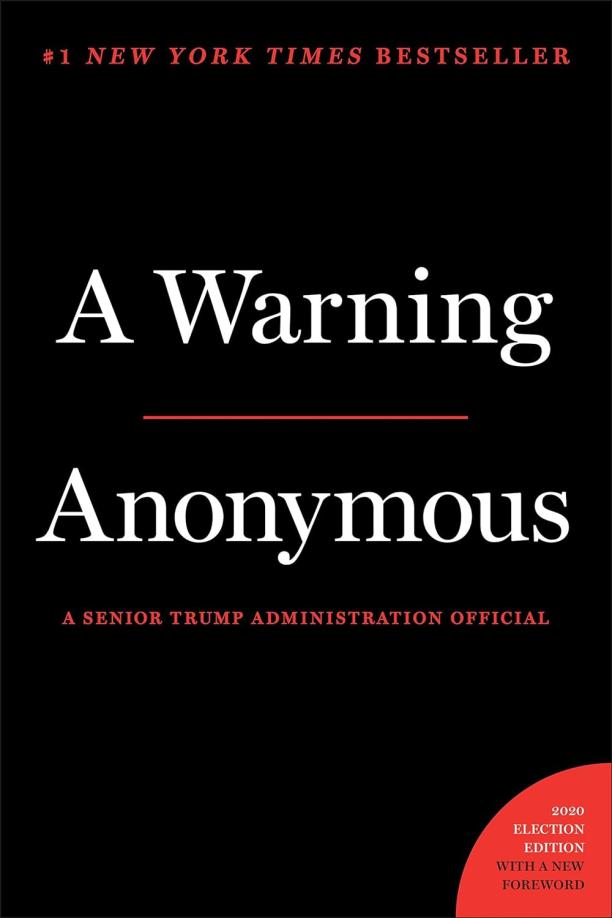
A Warning
Anonymous
The book provides an insider's perspective on the Trump administration, depicting a chaotic White House led by a president who is portrayed as inept and detrimental to the norms of American democracy. It serves as an urgent call to Americans to consider the character and competence of their leaders, particularly ahead of the 2020 election.
See full summary
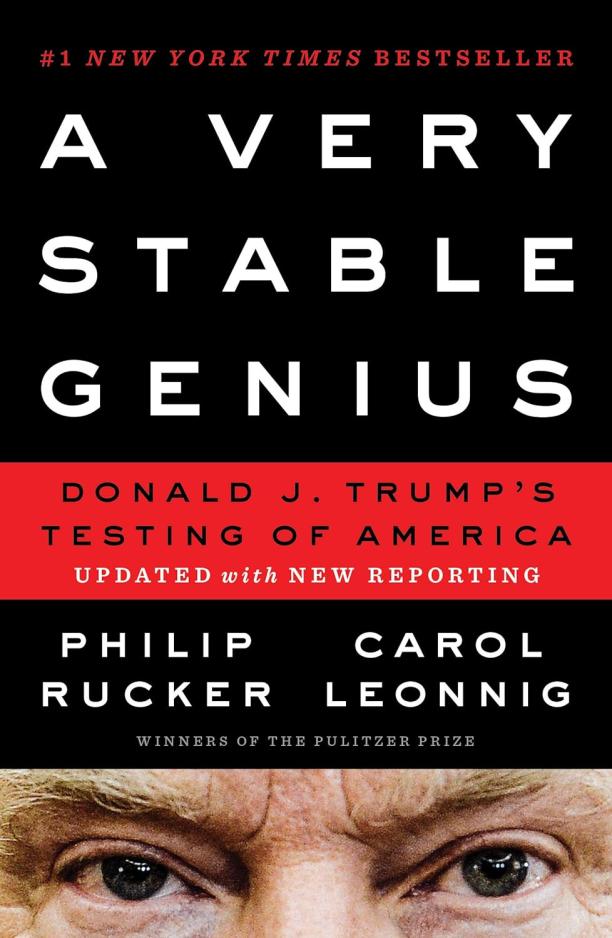
A Very Stable Genius
Donald J. Trump's Testing of America
Philip Rucker|Carol Leonnig
The book provides an in-depth examination of President Donald Trump's tenure in the White House, detailing his interactions with staff, his decision-making process, and the chaotic environment of his administration. It draws on interviews with over 200 sources, offering a critical perspective on Trump's leadership style and the impact of his policies on the United States and its institutions.
See full summary
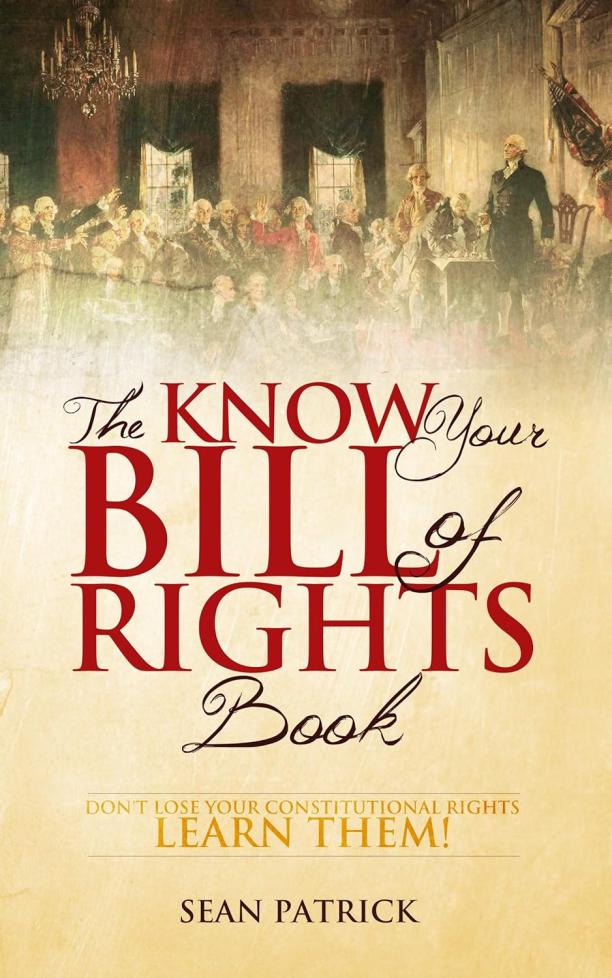
The Know Your Bill of Rights Book
Don't Lose Your Constitutional Rights—Learn Them!
Sean Patrick
The book provides a detailed explanation of each amendment in the U.S. Bill of Rights, aiming to educate readers on their constitutional protections. It also discusses historical contexts and modern implications, helping readers understand and apply their rights in contemporary situations.
See full summary
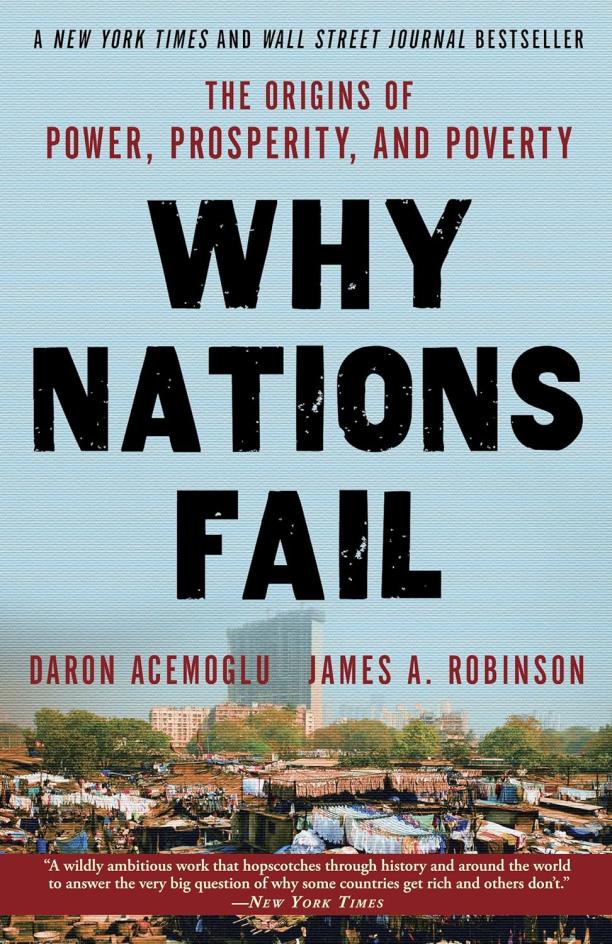
Why Nations Fail
The Origins of Power, Prosperity, and Poverty
Daron Acemoglu|James A. Robinson
The book argues that political and economic institutions, either inclusive or extractive, determine the success or failure of nations, with inclusive institutions fostering prosperity and democratic norms, while extractive ones lead to poverty and authoritarianism. It provides historical and contemporary examples from around the world to illustrate how the nature of institutions impacts national outcomes.
See full summary
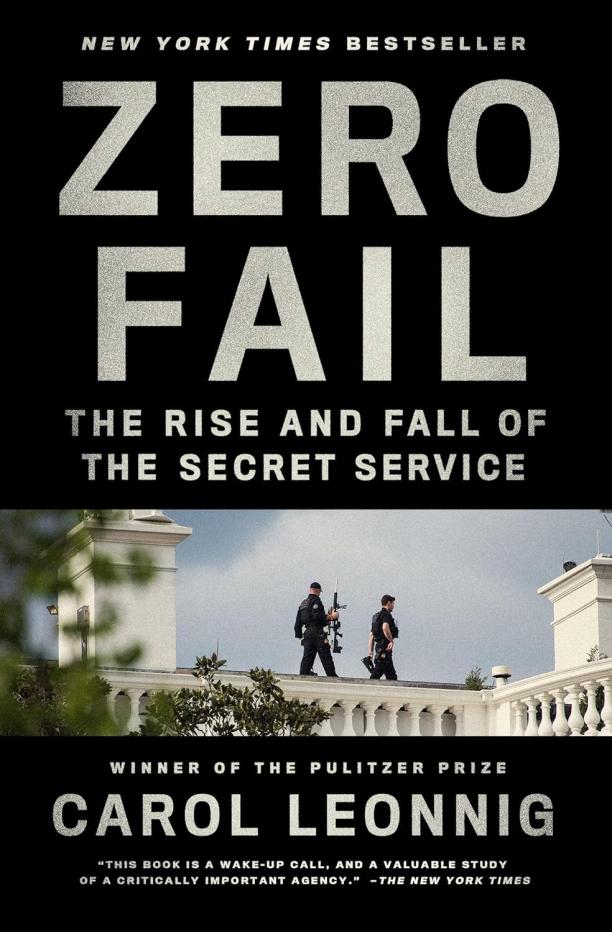
Zero Fail
The Rise and Fall of the Secret Service
Carol Leonnig
The book provides an in-depth examination of the U.S. Secret Service, chronicling its history, evolution, and the challenges it has faced over the years. It reveals a series of missteps and failures within the agency, highlighting the pressures and risks that come with the responsibility of protecting the nation's leaders.
See full summary

Lead from the Outside
How to Build Your Future and Make Real Change
Stacey Abrams
The book offers practical advice and personal anecdotes on how to overcome external obstacles, harness one's own passion and perseverance, and become an effective leader, particularly for those who may feel like outsiders due to their race, gender, or other societal barriers. It provides strategies for ambitious individuals to navigate the complexities of leadership, advocacy, and personal growth while advocating for change in their communities and beyond.
See full summary
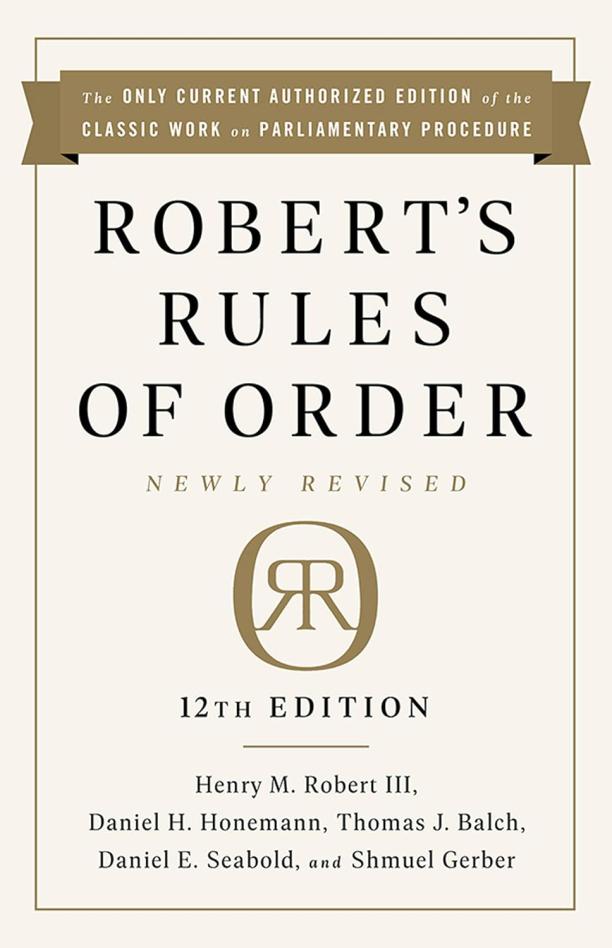
Robert's Rules of Order Newly Revised, 12th edition
Henry M. Robert
The book provides comprehensive guidelines for conducting meetings and making decisions in a formal assembly, detailing procedures for debates, amendments, motions, voting, and minute-taking. It serves as an authoritative reference for parliamentary procedure to facilitate orderly and efficient meetings with a focus on fairness and democratic principles.
See full summary

The Prince
Niccolò Machiavelli
The book is a seminal political treatise that outlines the strategies by which a ruler can acquire and maintain political power. It discusses various principles of statecraft, including the use of cunning, pragmatism, and, when necessary, ruthlessness, to achieve and secure a prince's authority over a state.
See full summary
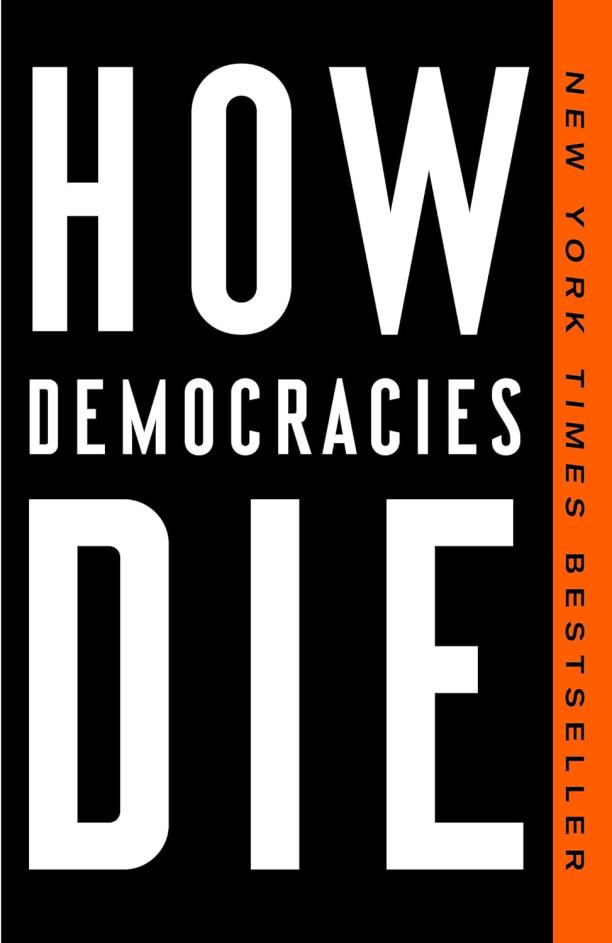
How Democracies Die
Steven Levitsky|Daniel Ziblatt
The book examines the gradual breakdown of democratic institutions and norms from a historical and comparative perspective, highlighting how elected leaders can subvert democracy without blatant violations like coups. It discusses warning signs of democratic erosion and emphasizes the importance of unwritten rules like mutual tolerance and restraint among political rivals.
See full summary

The Federalist Papers
Alexander Hamilton|James Madison|John Jay
The book is a collection of 85 essays arguing for the ratification of the United States Constitution, providing insights into the framers' intentions and the principles underlying the American political system. These essays discuss the need for a strong federal government, the structure of the proposed government, and the safeguards against tyranny.
See full summary